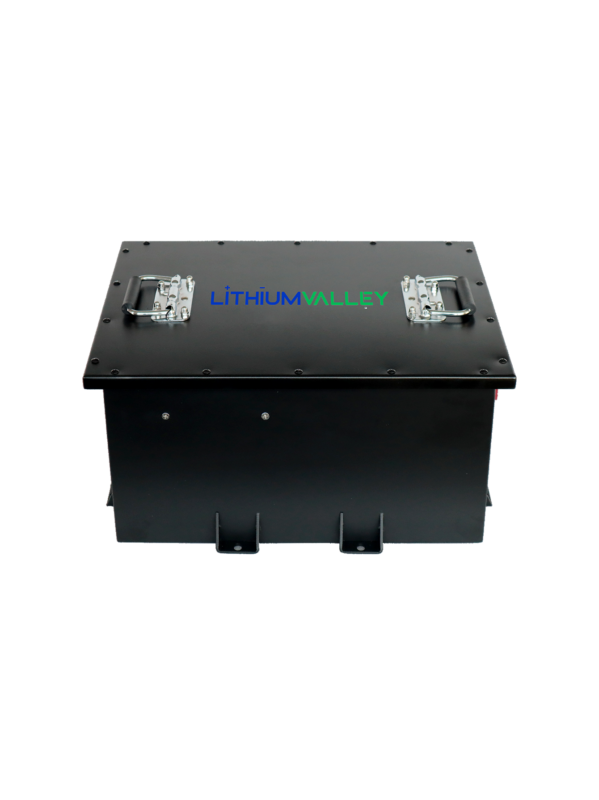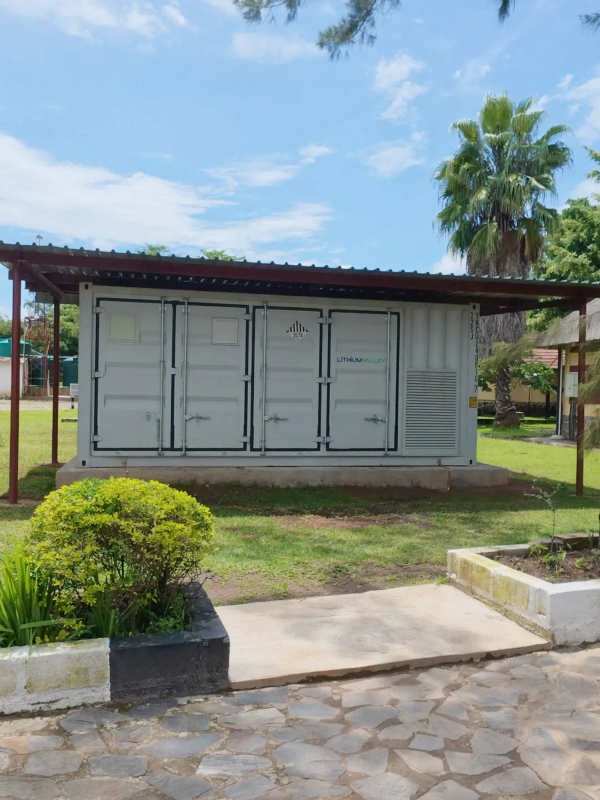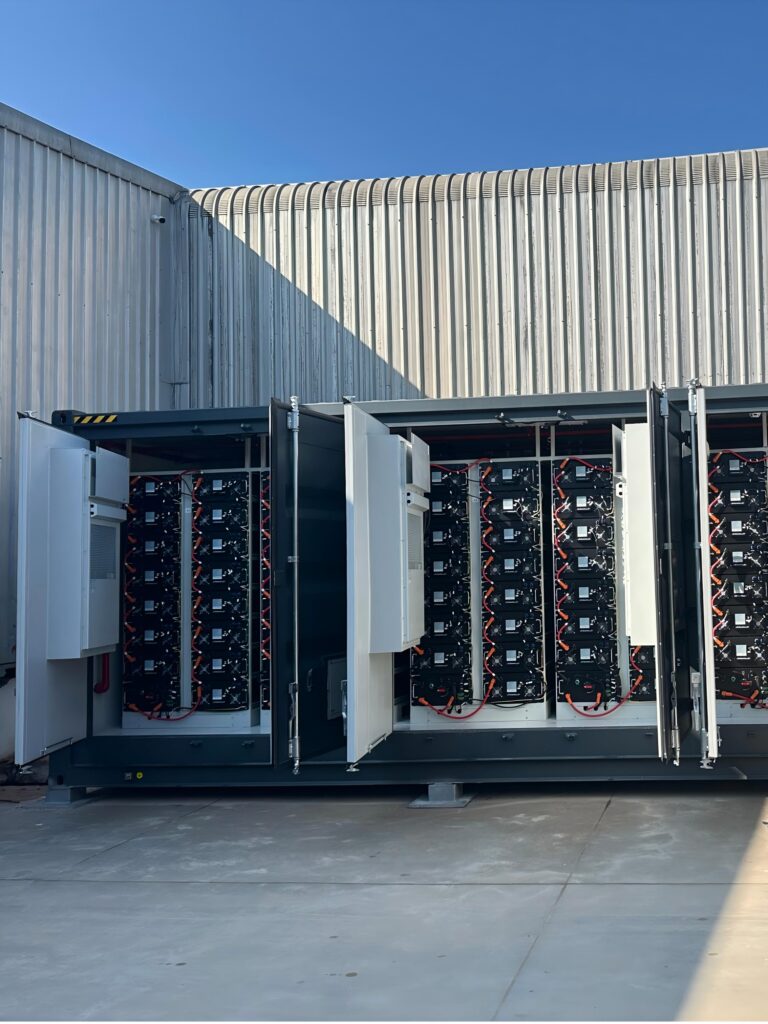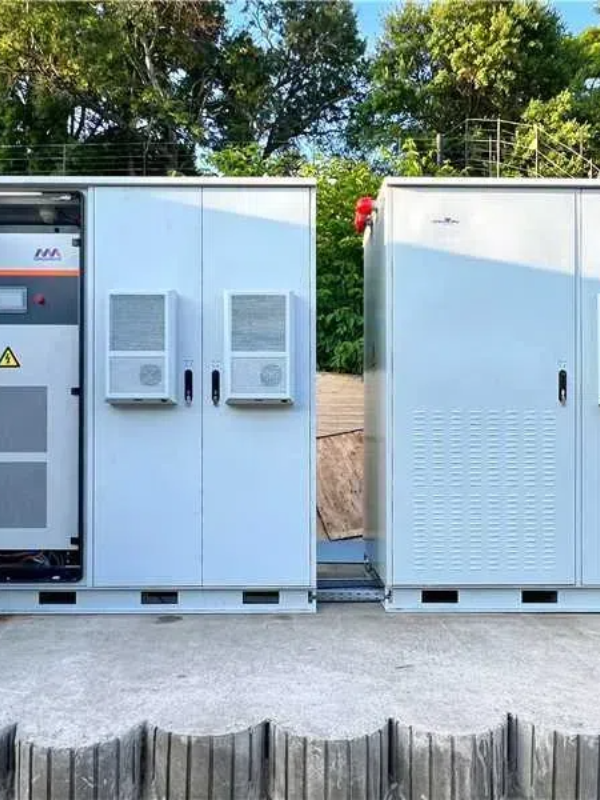The energy landscape in Japan is undergoing a significant transformation, driven by the country’s ambitious renewable energy targets and the need to reduce emissions. As a result, the battery energy storage system (BESS) market in Japan is poised for substantial growth. This article examines the current state of the BESS market in Japan, explores the factors driving its expansion, and highlights the opportunities and challenges that lie ahead.
Overview of the Japanese BESS Market
Japan’s commitment to renewable energy and carbon neutrality has set the stage for the rapid development of the BESS market. The government aims to increase the share of renewables in the electricity generation mix to 36% to 38% by 2030 and achieve carbon neutrality by 2050. To support these goals, the country will require approximately 10GW of energy storage capacity by the end of the decade.
While the Japanese BESS market has been slower to develop compared to more mature markets like the UK, US, China, and South Korea, recent policy and regulatory changes have created new opportunities. The introduction of feed-in premiums (FIPs) and the eligibility of large-scale grid-connected BESS to participate in the wholesale electricity spot market on the Japan Electric Power Exchange (JEPX) have expanded revenue streams for battery storage.
Current and Future Revenue Streams
At present, revenue streams for battery storage in Japan are relatively limited but are gradually expanding. Energy arbitrage, which involves charging batteries during periods of low electricity prices and discharging during peak demand, has been a key revenue source. However, the volatility of intraday prices in Japan due to limited supply and high fuel costs has made energy arbitrage challenging.
To bridge the revenue gap and maximize returns on investment, battery storage operators are exploring additional revenue streams. One such opportunity is the participation in ancillary services, which incentivize fast dispatch and absorption of power to help balance the grid. Additionally, a new capacity market structure is expected to open up in the near future, providing further market opportunities for low-carbon resources.
Key Players in the Japanese BESS Market
The growing potential of the Japanese BESS market has attracted the attention of both domestic and international players. Gurin Energy, a renewable energy developer, recently received approval to develop and build a 3-hour duration BESS in the UK. The company plans to enter the Japanese market and is considering locations in Fukushima or Tochigi prefectures for its 2GWh BESS.
Other major players in the market include Toshiba Mitsubishi – Electric Industrial Systems Corporation (TMEIC) and Nippon Koei Energy Solutions, which supply BESS equipment and provide engineering consulting services, respectively. The collaboration between domestic and international companies is crucial for successful market entry in Japan, as partnerships with major Japanese corporate players help navigate the complex industry landscape.
Market Challenges and Opportunities
While the Japanese BESS market holds immense potential, it also presents challenges that need to be addressed. Limited liquidity and high price volatility in the spot electricity market, especially during peak heating demand in winter, have hindered market development. However, the introduction of FIPs and market-based pricing are expected to attract more renewable developers and increase liquidity.
One of the key opportunities for battery storage in Japan is the integration of renewables into the grid. As the country aims to increase the share of renewables in its energy mix, battery storage can help manage the intermittency of renewable sources and ensure grid stability. This presents significant arbitrage opportunities against fossil fuels like LNG, coal, and oil, which currently dominate Japan’s power generation.
Conclusion
The BESS market in Japan is on the cusp of significant growth, driven by the country’s renewable energy targets and the need for grid stability. Policy and regulatory changes, along with the increasing integration of renewables, have created new revenue streams and market opportunities. While challenges remain, international companies have a crucial role to play in supporting Japan’s energy transition and capitalizing on the potential of the BESS market.






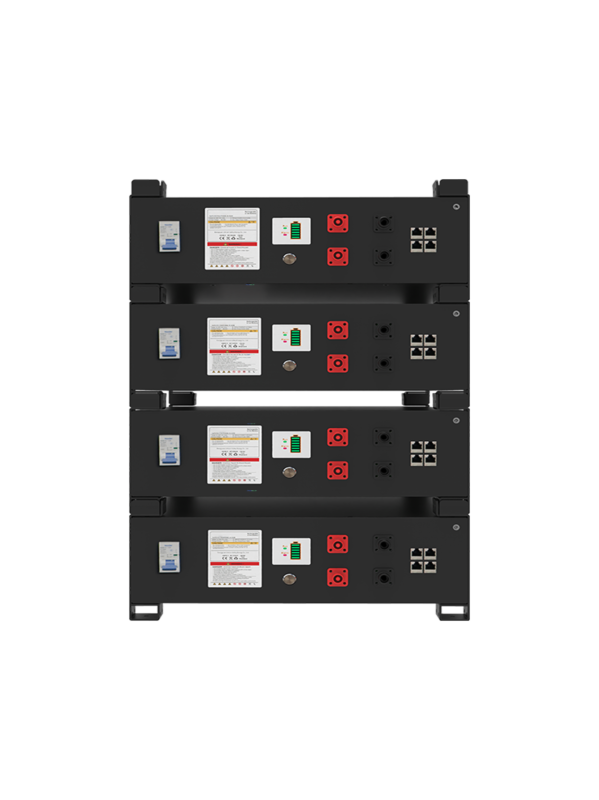
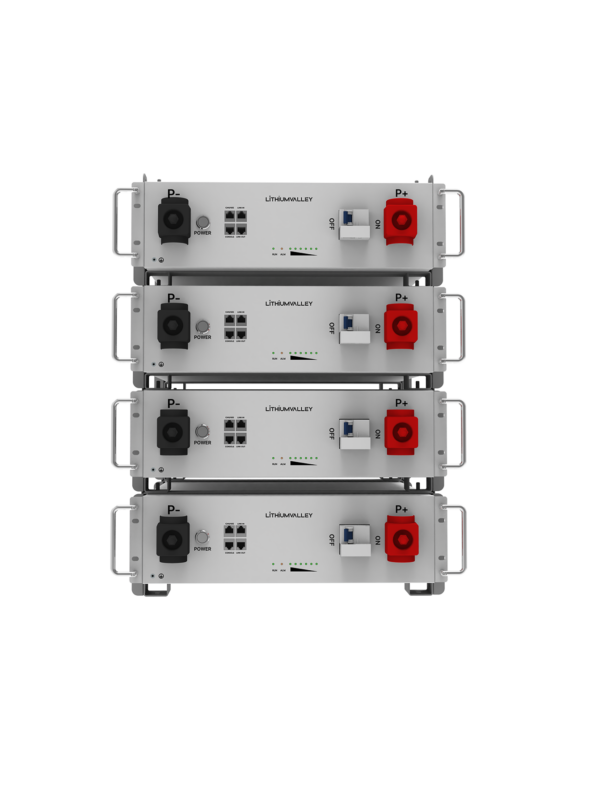








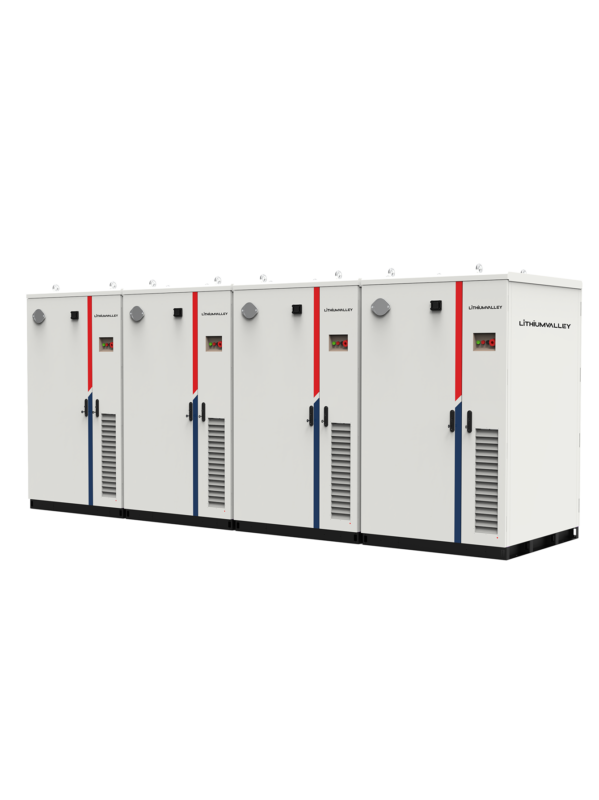
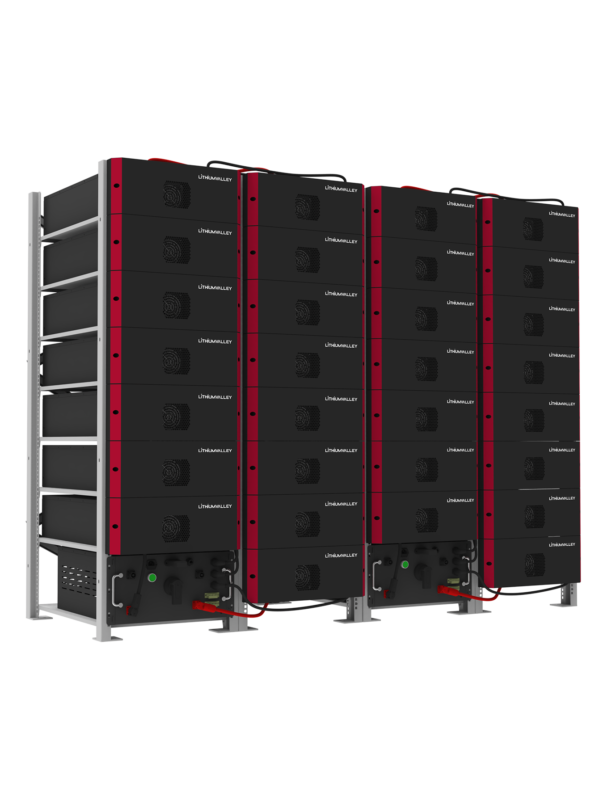



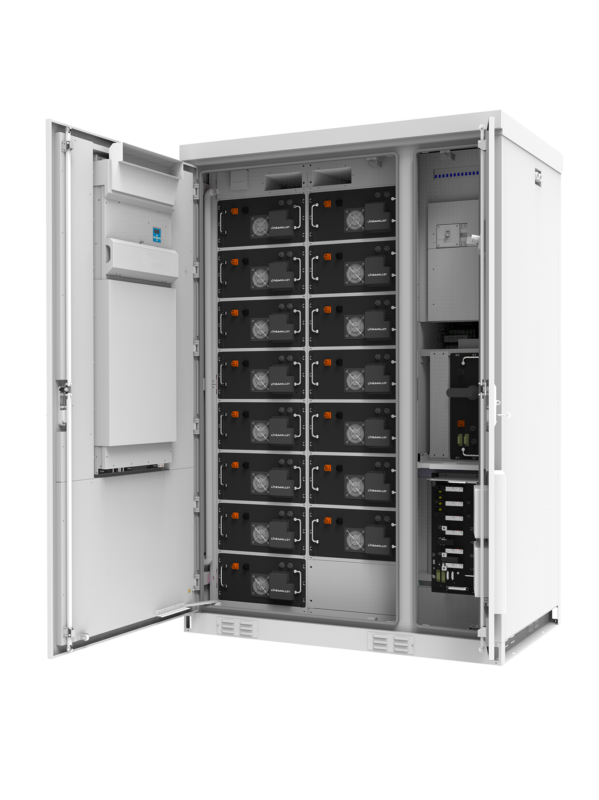
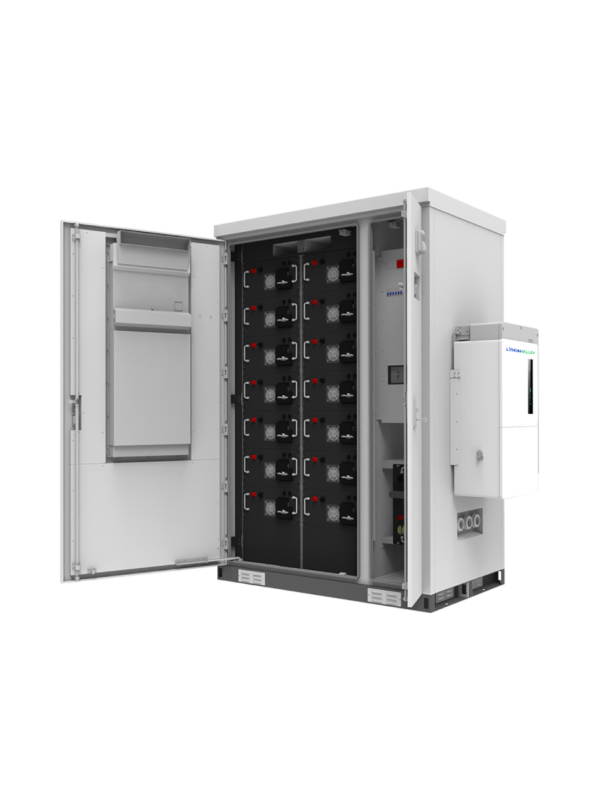

.png)
.png)
.png)
.png)
